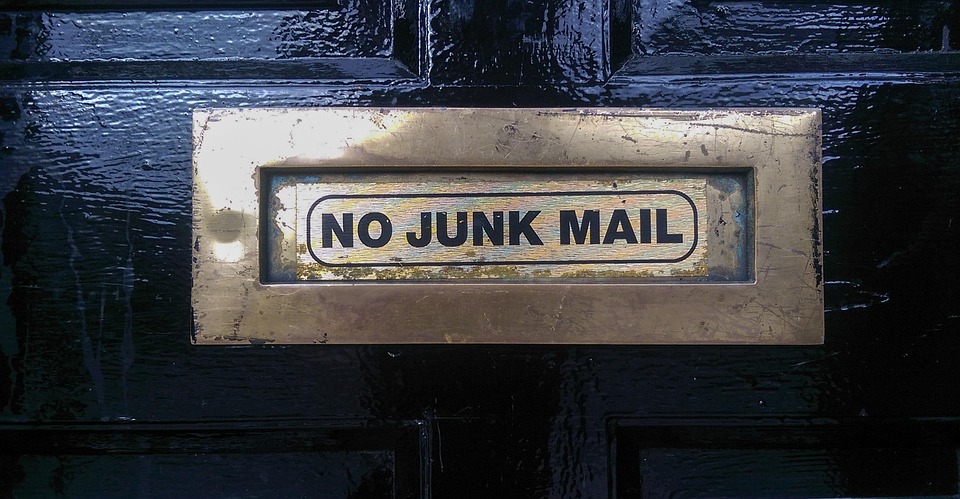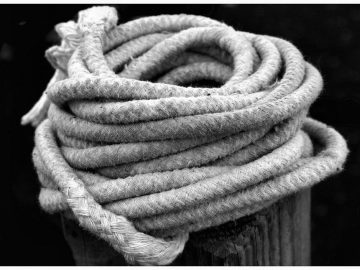The Liberal Party is being criticised for sending out a campaign email that could confuse recipients into unwittingly submitting personal information to the organisation.
The email contains an unsubscribe button, purporting to offer an opt out.
But in fact, when clicked, it redirects to the party’s website, set up to harvest personal data under the guise of a postal vote application.
Federal election 2025 live: Stay across the latest updates from the campaign trail
Catch the latest interviews and in-depth coverage on ABC iview and ABC
The email was received by Peter Magor who lives in the Victorian electorate Jagajaga — a safe Labor seat taking in some of Melbourne’s outer suburbs.
He was cleaning out his emails, when he noticed one from Liberal headquarters, labelled “Let’s get Australia back on track”.
“I don’t know how they got my details — I haven’t signed up with them for anything,” Mr Magor told ABC NEWS Verify.
The email — which carries authorisation, and formally ends, “Yours sincerely, Peter Dutton” — outlines policies, but also twice encourages the reader to follow a link and sign up for a postal vote.
Loading
“I just thought, you know what … [I’ll] unsubscribe,” Mr Magor said.
But rather than allowing Mr Magor to opt out of Liberal Party advertising, the unsubscribe button prompted him to enter a series of personal details, including a phone number.
“It didn’t really jump out as being a Liberal Party website, and certainly, there was nowhere on that page to unsubscribe,” Mr Magor said.
“I’m annoyed, it’s unsolicited — I don’t want it.”
He said he worries someone will be confused by the link, and submit their details.
ABC NEWS Verify has seen a copy of the email and tested the link independently, producing the same result as Mr Magor.
Voters warned to be wary of unsolicited postal vote application texts
In March, the Australian Electoral Commission issued a warning about the practice of soliciting postal vote applications and harvesting them for data, which Labor also does.
“While this is allowed under the Commonwealth Electoral Act, there is often concern about the timeliness of applications getting to the AEC and the privacy of an applicant’s details,” the AEC said in a media release.
“Postal voting is an important part of our democratic system — it helps to ensure that every Australian is able to exercise their right, and meet their obligation, to cast a vote. The ALP complies with its legal obligations,” a Labor spokesperson told ABC NEWS Verify in a statement.
The Liberal Party did not respond to ABC NEWS Verify questions.
Do you know more? Help us uncover the hidden campaign this election.
How they get your data
James Patto is a technology lawyer who specialises in cybersecurity and privacy.
He said there’s a handful of ways a party may get a voter’s details.
“One is through direct activities — so whether that’s petitions, or campaign events, or volunteer events,” he said.
James Patto is a technology lawyer who specialises in technology and cybersecurity. (LinkedIn: James Patto)
“Funnily enough, I think individuals who sign up to those sorts of initiatives often don’t realise the data they’re providing is going into essentially a totally unregulated sphere, there is no requirement at any point for it to ever be deleted by these political parties.”
He said another way is through the electoral roll, as parties have a right to access parts of it.
“That includes name, address, age and occupation — in certain circumstances where that’s been provided.
“The other one is through data broking — so political parties can purchase personal information from data brokers, just like corporate entities can,” Mr Patto said.
Read more about the federal election:
Want even more? Here’s where you can find all our 2025 federal election coverage
He told ABC NEWS Verify that there are exemptions in both the Privacy Act and the Spam Act for political parties — which means politicians aren’t bound by the same restrictions as commercial businesses.
The Party Room
“It basically means that at this stage, under the Australian legal environment, there’s no real right to opt out,” Mr Patto said.
The Australian Communications and Media Authority said Spam Act rules only apply to commercial messages — not emails or texts seeking to influence your vote or opinion.
“They do not need your consent to send it, and do not need to include an unsubscribe,” ACMA said.
Mr Magor said he’s frustrated but not surprised.
“If the people are creating the rules, they’re going to give themselves little get-out clauses,” he said.
Secretive databases
In previous elections, both the Liberals and Labor have used secretive databases to store private information on voters.
“I don’t think anyone would be shocked political parties do this,” one senior Liberal told ABC NEWS Verify.
Contact Hidden Campaign
“It’s like a Customer Relationship Management database, it’s how you would log all your correspondence with constituents, and make sure you’re responding to people in a timely manner.”
Neither the Liberals nor the Labor Party responded to questions from ABC NEWS Verify about their systems.
“It does not surprise me that this is something that is being done, particularly in an unregulated space,” said Mr Patto.
“This collection of data inevitably makes the targeting of individuals by political parties more effective, and ultimately, that’s what they’re looking for.”
Loading
Concern from voters
The ABC has also been contacted by several voters expressing concern at letters from the Liberals that could be mistaken for official Australian Electoral Commission postal vote applications.
The letter contains no party logos or branding but contains an authorisation from “C. Stone, Liberal”.
It has a QR code encouraging the recipient to “apply online for a postal vote” via the party’s page, which asks for personal details before redirecting to the AEC’s website.
A letter sent by the Liberal Party to a constituent soliciting a postal vote. (ABC News: Jonathan Hair)
The rest of the letter is a copy of the AEC’s postal vote application form — with the commission’s branding, and distinct purple colours removed.
Darrell lives in the marginal seat of Bennelong in Sydney and was initially confused when he received it.
“I thought it was an official AEC letter, because it was unbranded,” he said.
The letter contained a reply paid envelope address to “LPA NSW” — a reference to the state branch of the Liberal Party.
“It’s quite concerning because we’ve got a large Chinese-Australian demographic (in Bennelong),” Darrell said.
“You might have people whose command of English isn’t that great — perhaps their command of English isn’t good enough to pick up nuances in language, so they just get taken in by the sort of the potentially misleading communications.”
Director of ‘misleading’ group named Liberal candidate
The ABC has received at least one complaint about a similar letter sent out by Labor.
The AEC told ABC NEWS Verify it was communicating — via media releases, interviews, and social media posts — with voters that postal vote applications should be submitted to them.
“We have been very clear in our communication that if people need to cast a postal vote they should come to us directly,” the AEC said.
“While political parties do receive some electoral roll information it does not include mobile phone numbers.”
The ABC is on the hunt for any misinformation or disinformation circulating in the lead-up to the federal election. Send us a tip by filling out the form below, or if you require more secure communication, select an option from our confidential tips page.
Loading…
Content Curated Originally From Here






